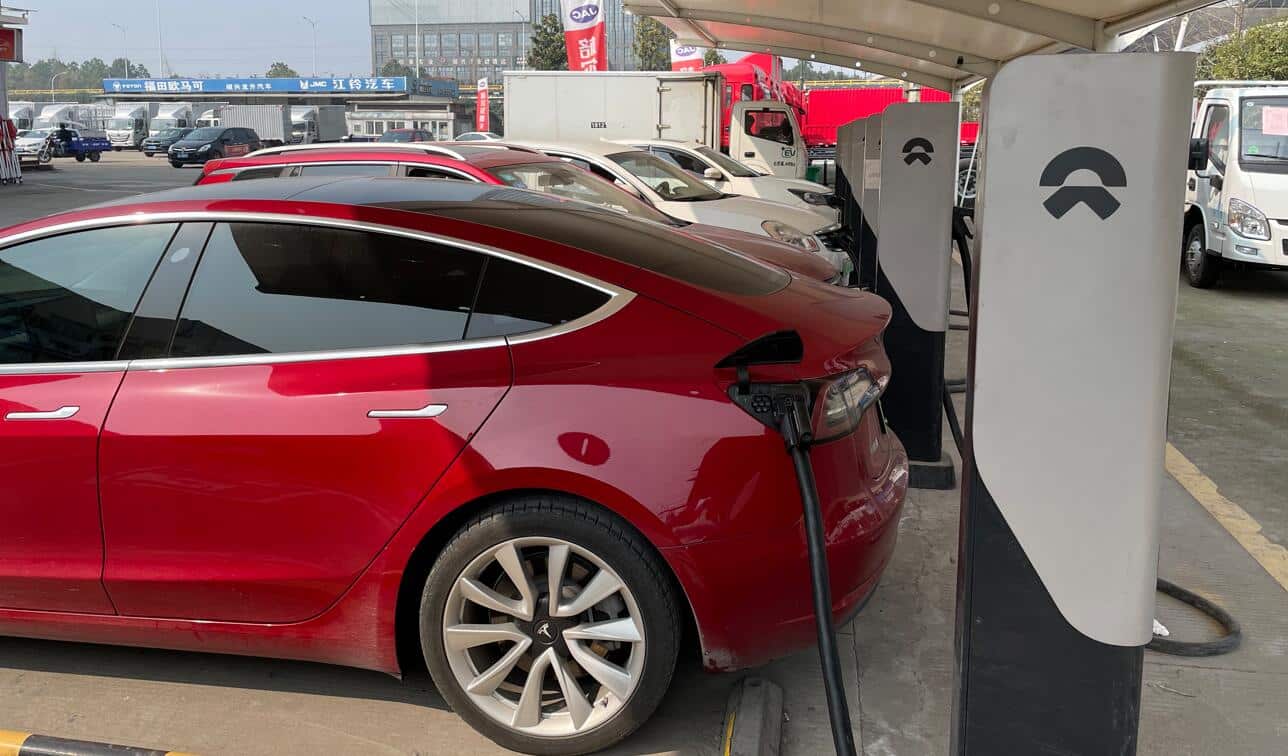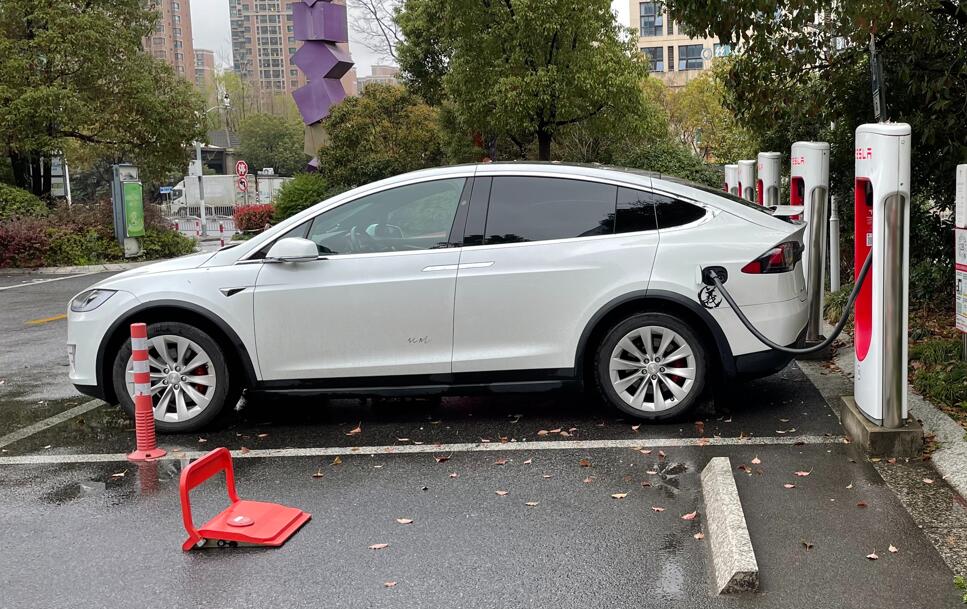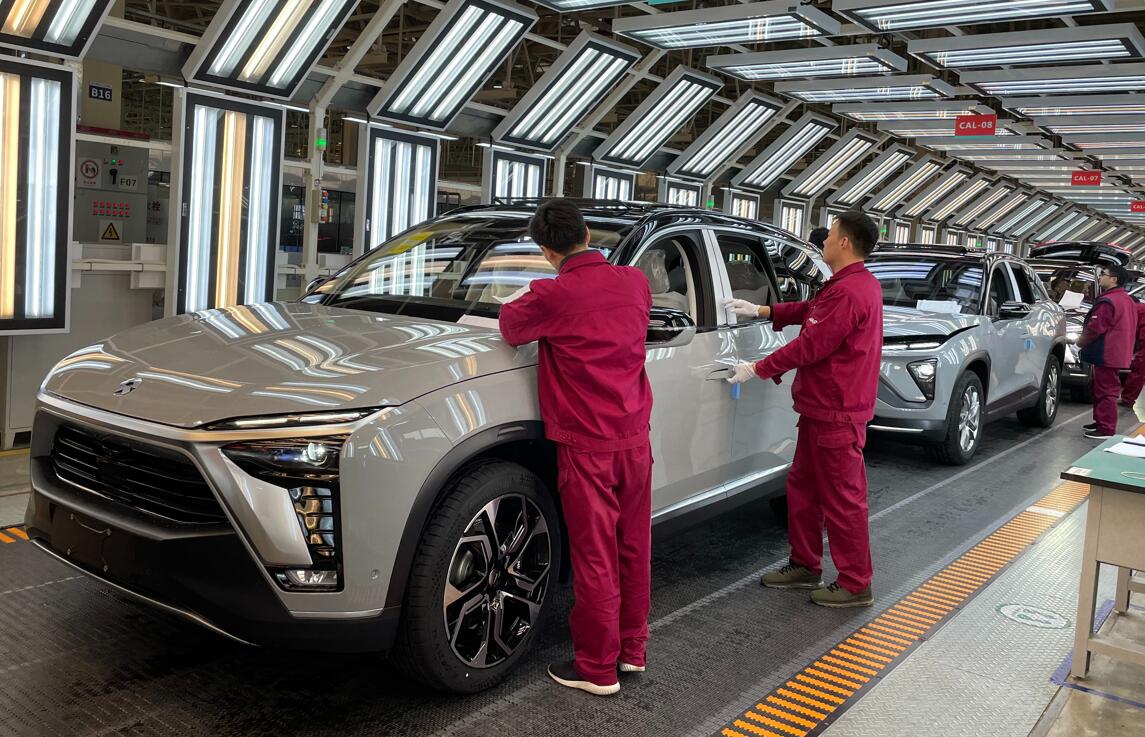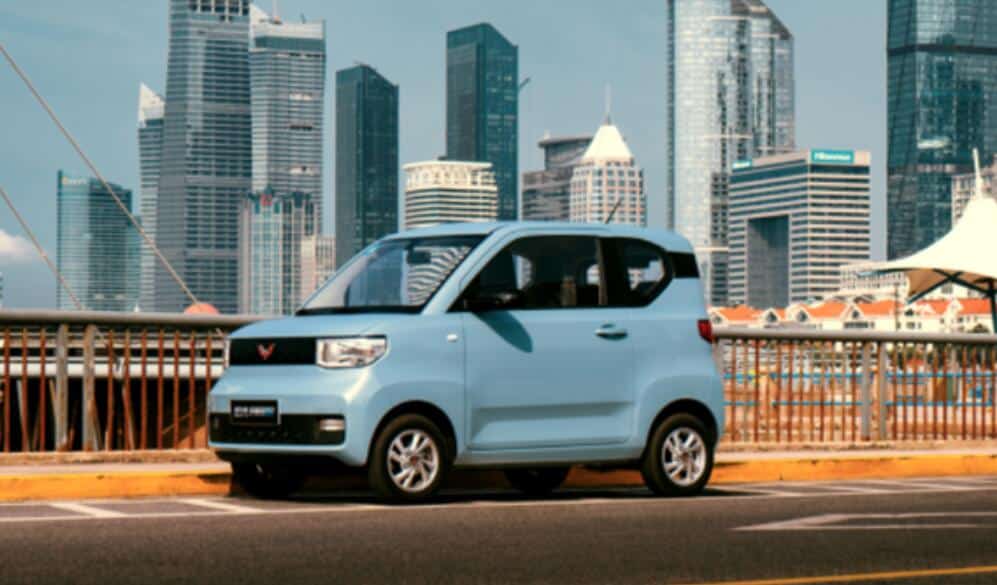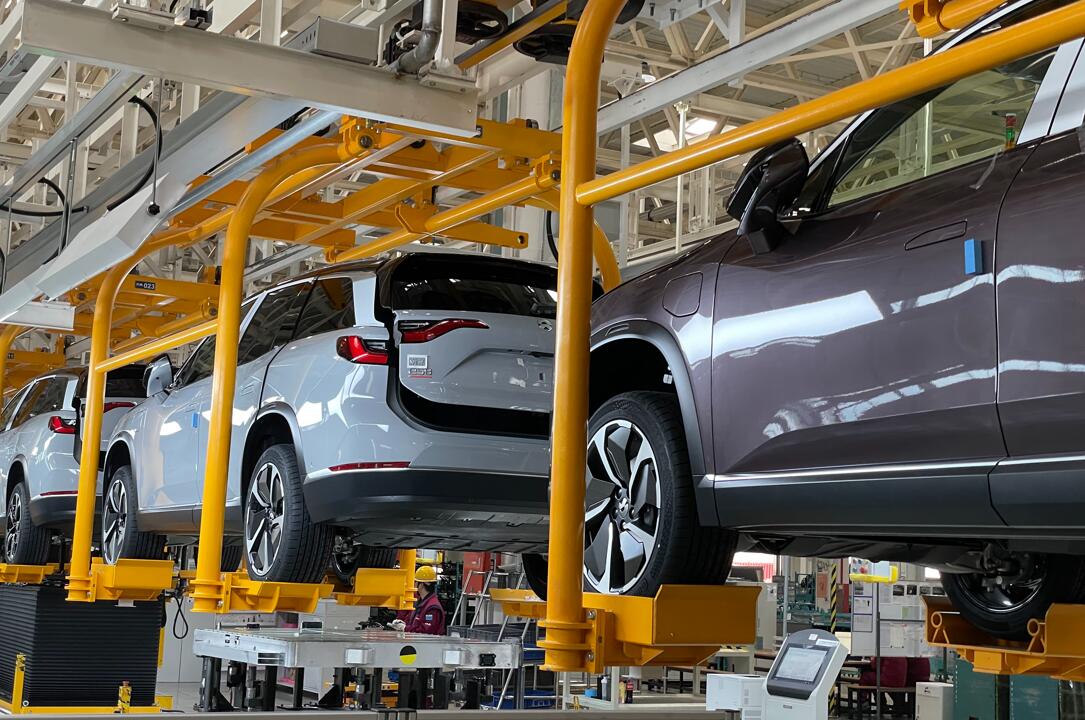Dual Credit
-
China issues new rules that will give automakers 40% fewer credits for each NEV produced
China has revised its dual-credit policy, one of the key drivers of the rapid growth of the NEV industry, and the changes will take effect on August 1.
-
China to introduce credit pool for NEV dual credit system that is expected to facilitate credit trading
Automakers can voluntarily apply for storage of positive credits when the supply exceeds demand, and release credits when the supply is less than demand.
-
BYD, Tesla top winners under China's 'dual credit' policy
BYD and Tesla have earned 1.66 million credits and 1.4 million credits in 2021, valued at about RMB 3.46 billion and RMB 2.93 billion, respectively.
-
Tesla gets $329 million subsidies in China for vehicles sold in 2020, 327% more than Nio
Tesla received Chinese state subsidies for 101,082 vehicles sold in the country in 2020, for a combined amount of RMB 2.123 billion ($329 million).
-
China's 'dual credit' policy, what you need to know
The unit price of new energy credits in China has risen from RMB 300-500 initially to RMB 2,500-3,000, according to a previous research report by Industrial Securities.
-
Chinese automakers can now start trading their NEV credits, what does this mean for Nio, Xpeng, and Li Auto?
Car companies including Nio, Xpeng Motors, Li Auto, Tesla China, and BYD have accumulated a lot of new energy credits last year, and now they can start trading them.
-
Why does SAIC continue to produce Mini EV when each car contributes less than $14 net profit?
Mini EV is priced at RMB 28,800 ($4,451)-RMB 43,600, and its parts cost up to about RMB 20,000.
-
Carmakers earn 4.37 million positive points in 2020 under China's dual credit policy
Automakers in China have 4.37 million positive points and 1.07 million negative points for new energy vehicles in 2020 under the dual credit policy.
-
Nio, Xpeng, Li Auto have lots of new energy credits, here's how much they're worth
The current trading price per unit of the new energy credits has risen from an initial RMB 300 ($47)-RMB 500 to RMB 2,500-RMB 3,000, an increase of up to 9 times.

